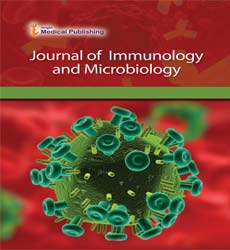Analyzing a decade of childhood vaccination and timeliness by deprivation in NHS Lothian
Abstract
To protect children and other vulnerable groups from vaccine-preventable diseases, population-level immunity must be attained and individuals must have timely vaccinations to minimize their risk of infection. This project assesses the relationship between deprivation, vaccination uptake, and timeliness in NHS Lothian, the second- largest health board in Scotland, to understand inequities in immunization and to see how the relationship has changed over the past decade. This retrospective cohort study uses immunization data from the Scottish immunization recall system (SIRS) for four routine childhood vaccines: the third dose of the primary vaccine (TPV), both doses of measles, mumps, rubella (MMR), and the preschool booster (PSB). The data include ten years of immunizations administered between 2008 and 2017. This study finds strong evidence for an association between deprivation and uptake and timeliness. Though uptake is high (>96%), immunization rates differ by deprivation decile with reduced risks of non-vaccination in the most deprived groups and increased risk in the least deprived deciles. Vaccines were not administered in a timely manner with more than half of the population experiencing delay. This was especially pronounced for the 40% most deprived populations and for immunizations scheduled at later ages (PSB and MMR 2). The deprivation gradient of uptake over the last decade has been decreasing from 2006 onwards. Timeliness has improved since 2008 but stratifying by deprivation shows a downward trend across all deciles. There is definitive evidence for an association between deprivation, uptake, and timeliness and time-trends show that uptake has been worsening since 2006.
Open Access Journals
- Aquaculture & Veterinary Science
- Chemistry & Chemical Sciences
- Clinical Sciences
- Engineering
- General Science
- Genetics & Molecular Biology
- Health Care & Nursing
- Immunology & Microbiology
- Materials Science
- Mathematics & Physics
- Medical Sciences
- Neurology & Psychiatry
- Oncology & Cancer Science
- Pharmaceutical Sciences
